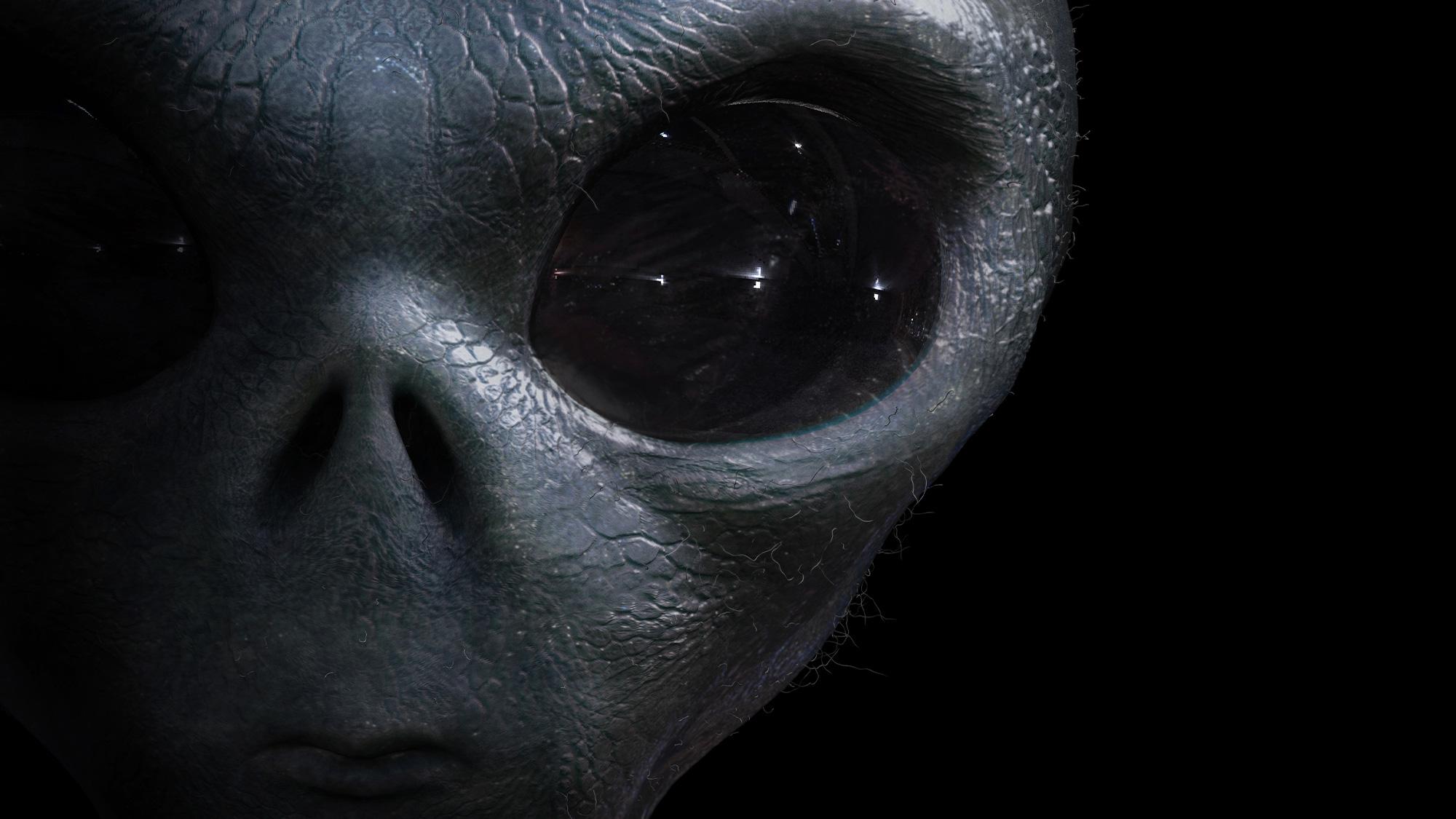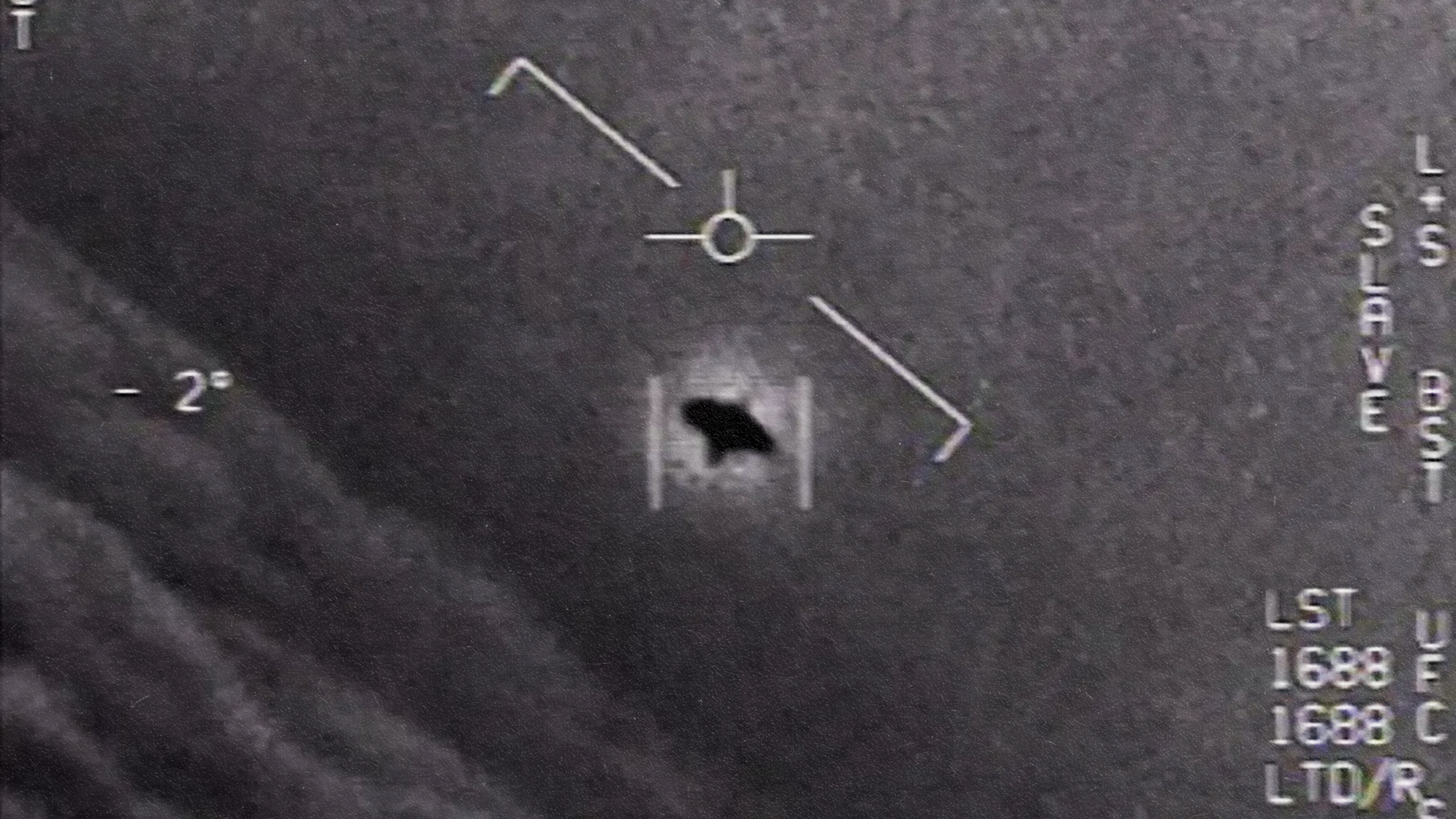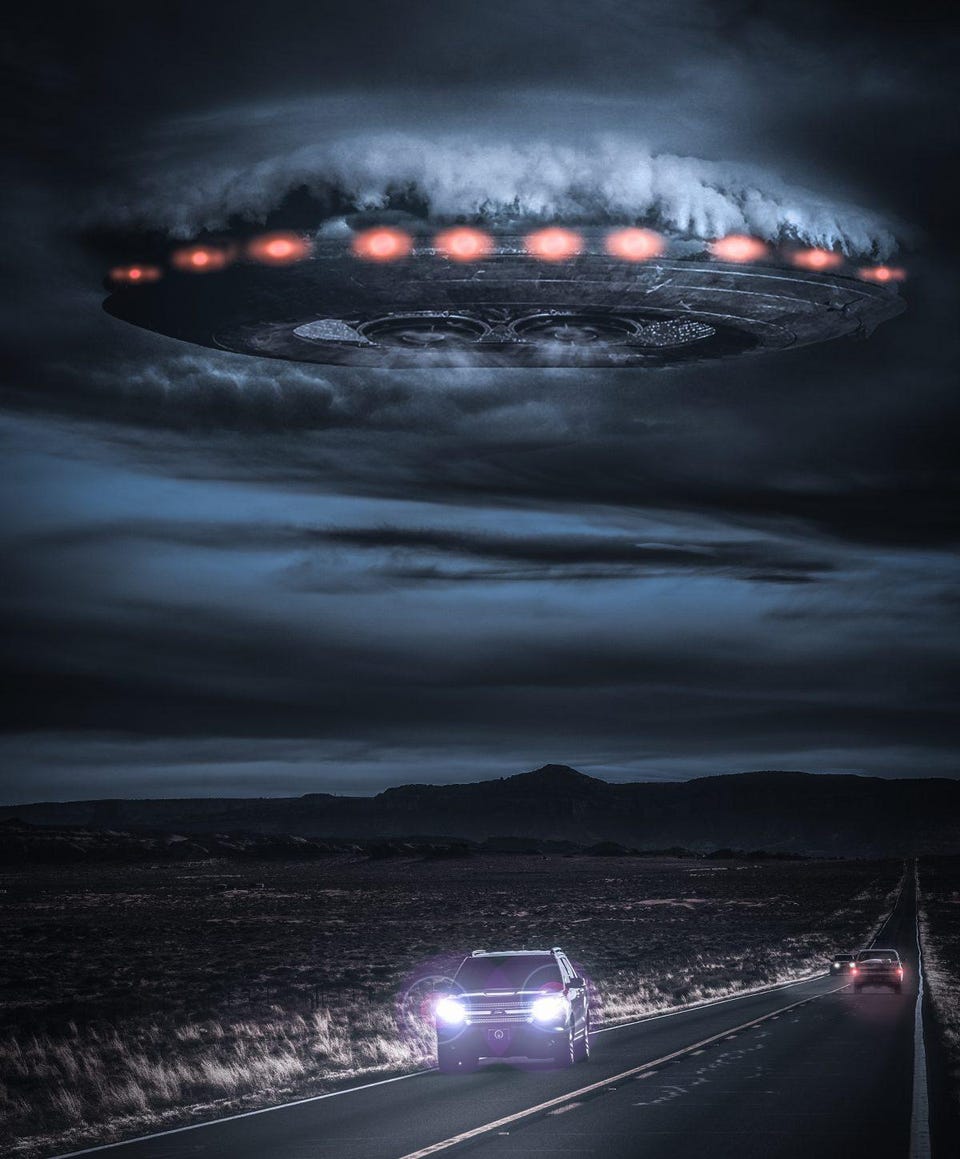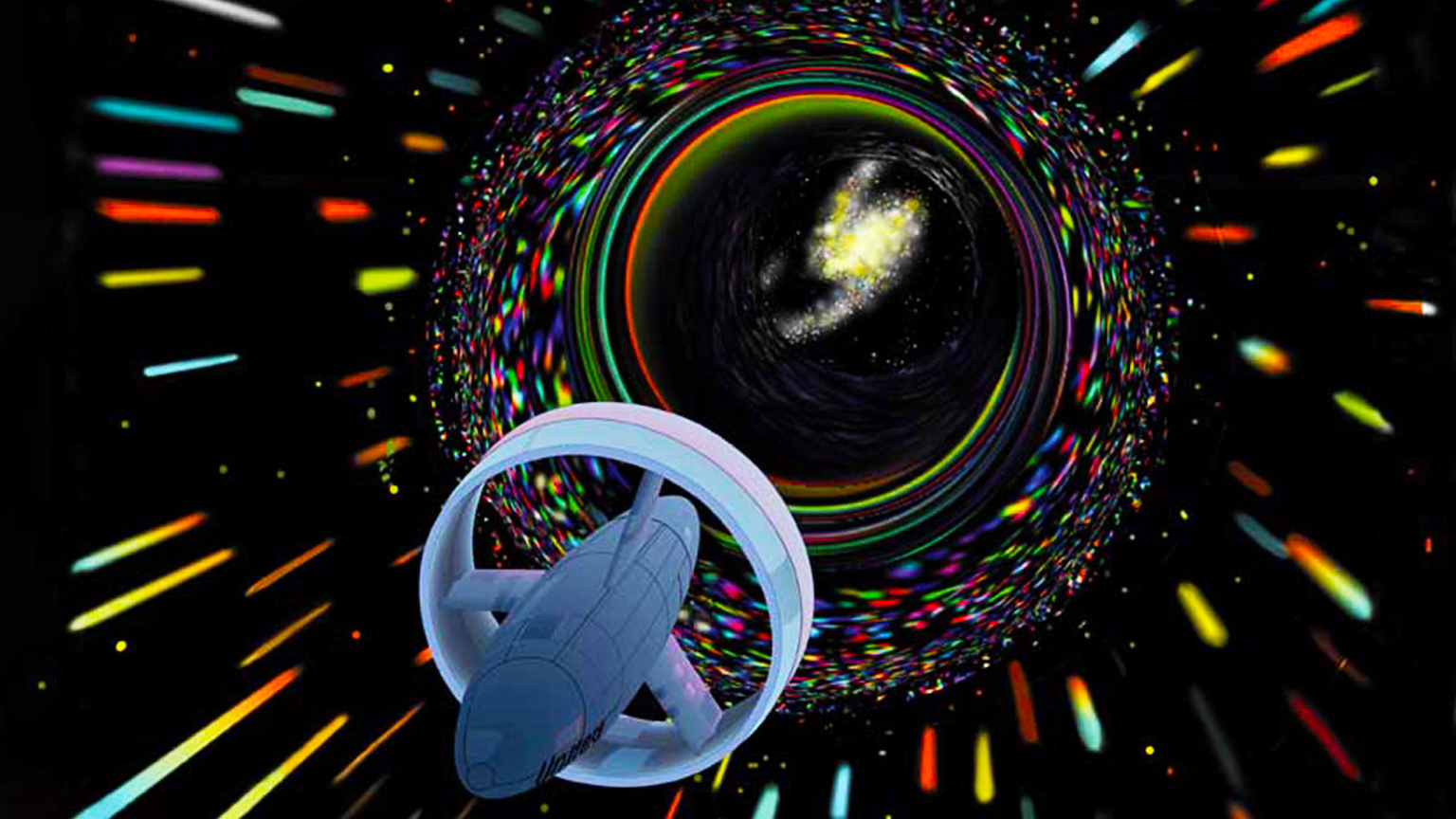Aliens, fact vs. fiction: Q&A with astrophysicist Adam Frank
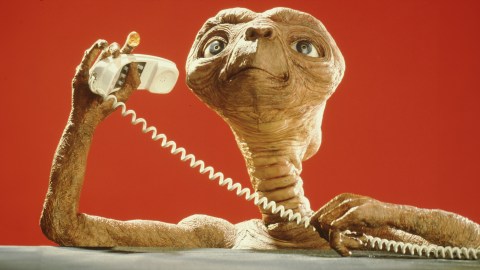
- What do we actually know about alien visitations and the possibility of life on other worlds?
- How can we find evidence of extraterrestrial life if we can’t travel outside our Solar System?
- What would be the cultural and social impact of discovering alien life elsewhere, be it simple unicellular organisms or advanced technological civilizations? These are some of the questions Adam Frank investigates in his fascinating new book.
This week, I am excited to share this space with my 13.8 partner and research collaborator Adam Frank. Adam has just published a wonderful new book, The Little Book of Aliens, which basically includes all we know and don’t know about alien life. It is a no-nonsense approach to this fascinating topic, and readers will find answers to all of their questions. As I said in my promotional blurb, Adam’s book is not little at all. The following is a Q&A.
I want to start with a biographical question. What attracted you to astrophysics and made you wonder about life on other worlds?
I was five years old when I stumbled upon my dad’s library. He was a writer who loved books by Ernest Hemingway, William Faulkner, and Norman Mailer. But he also had a big interest in science fiction. There were a couple of shelves in his office that were lined with 1950s and 1960s pulp science fiction magazines. Every one of them had covers illustrated with rocket ships blasting through space, astronauts bouncing around on alien planets, or bug-eyed monsters and other aliens. I just fell in love with it all. I thought space and all its possibilities were as exciting as it could get. Eventually he started giving me science fiction books and then taking me to the Hayden Planetarium in New York City. That’s where it all began.
Then, as a I got older and started getting a taste of how math was a language you could use to describe the world, it was kind of like a drug. It felt like you could see through all the garbage of the social world and its contrivances to look directly into something hidden but eternal and absolute.
When we talk about extraterrestrial life, how important is it to differentiate between simple unicellular life and intelligent life?
I don’t think we should, and this is a big theme in the book. Finding either kind of life would constitute the most fundamental discovery in the history of human society. People often think we have to find alien civilizations — that is, extraterrestrial intelligence — for the discovery to matter. But finding even one world that only had a biosphere (with “dumb” life) would still rework our understanding of the cosmos and ourselves. That’s because life is unlike any other physical system. Rocks, mountains, stars, comets — they are amazing, but they will never surprise you the way life can. Life creates. It innovates beyond itself.
How do you position yourself with respect to UFOs and their many “sightings”? To what do you attribute this urge to see the “other”?
I would never tell someone they did not see something they claim to see. I wasn’t there, so what can I say? But the point is science cannot do anything with personal narratives. If the goal is to establish “public knowledge” about alien life, then we need something else. If we want knowledge that we can all agree on and then use it to expand further to get more knowledge, we must turn to the methods of science.
We see the beginnings of that happening now from the NASA UAP panel to the Galileo Project, and I think that’s good because people are so interested in the topic. I am skeptical that UAPs have anything to do with life beyond Earth (as Sagan said, “Extraordinary claims require extraordinary evidence”). But in the book, I lay out what a true agnostic scientific study of UAPs would look like.
Do you think interstellar travel is possible?
If you’re going slower than the speed of light, then absolutely! If you want to break the laws of nature as we understand them and go faster than the speed of light or somehow work with Einstein’s general theory of relativity to warp space or use wormholes, then you have to start extrapolating big time. I have a whole chapter in the book where I explore the possibilities for interstellar travel ranging from how we might be able to do that in a century to using known laws of physics as the basis for wild speculation. It was a lot of fun.
Assuming intelligent aliens exist, what is the best way to discover them?
That’s really what the book is about. We have had these amazing revolutions in astrobiology over the last 20 to 30 years. We now know that every star in the sky hosts a family of worlds. We know that billions of these worlds are potentially habitable. Most importantly, we have developed new telescopes that can see into the atmospheres of these alien worlds and sniff out their chemical compositions. That is one way we may find life — by finding the chemical signatures of alien life in light that has passed through their atmospheres. There are many other ideas too. The main point is these techniques can be used right now or will become available over the next few decades as telescopes get better.
The existence of intelligent extraterrestrial life is one of those questions in which either answer is profoundly important: Yes, they exist — or no, they don’t. But there is a problem. We cannot ever be certain that they aren’t there, since science is not good at ruling out what doesn’t exist. Is this what gives believers hope, given the lack of evidence so far? How do you feel about this? Do you “want to believe”?
Well, we can put limits on the prevalence of life based on our observations. Science does this all the time. We have been looking for dark matter particles for quite a while. We haven’t found anything, but the search is setting some firm boundaries on what dark matter might be. If we really look for alien life on lots of alien planets for 50 years and find nothing, that will also establish limits about the probability of its existence.
What do you think would happen if intelligent alien life is discovered? How would that impact society and the meaning of being human?
The last part of the book unpacks this question quite a bit. I think it would be the most important discovery in human history. Right now, it is possible that life on Earth is a complete one-off, an accident that has never been repeated anywhere. But if we find just one other example of biology out there, then life is not an accident. That’s when the Universe gets really interesting, because life is not like any other physical system in the cosmos. Its power of invention and creativity fundamentally changes the options for what can happen in the Universe.
We are making spectacular advances in the search for biosignatures with the JWST. Do you think we are close to detecting some positive results?
I think we will have data relevant to the question in the lifetime of many folks alive today — maybe even old guys like you and me! I can’t say what the data will tell us, but it will be actual hard data. That’s a lot better than the last 2,500 years where people have just been yelling their opinions at each other.
Can you explain what technosignatures are and how we could detect them?
Technosignatures are the imprints, in light, of technological activity on distant worlds (or in the space around them). We will find technosignatures the same way we find biosignatures, by looking at the light from exoplanets (really from reflected or absorbed starlight). There will be patterns in that light that can reveal the presence of technologies, like artificial illumination (city lights) or “industrial” chemicals or the use of solar collectors or lots of other possibilities. This is a big topic in the book.
I know this is not a scientific question, but how would you bet on the existence of intelligent aliens in our galaxy?
As a bet, I am willing to put my money down on alien civilizations existing out there at some point. The big question is how long they last. If every civilization flares out after a short period (like we are threatening to do), then there may have been many civilizations — but they’re all dead now. That means we would be living in a currently sterile galaxy.
